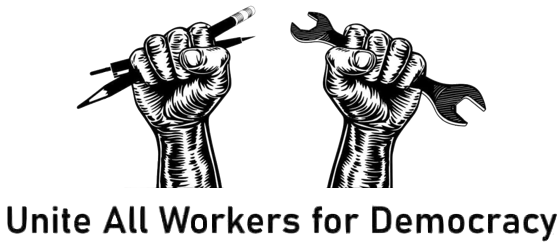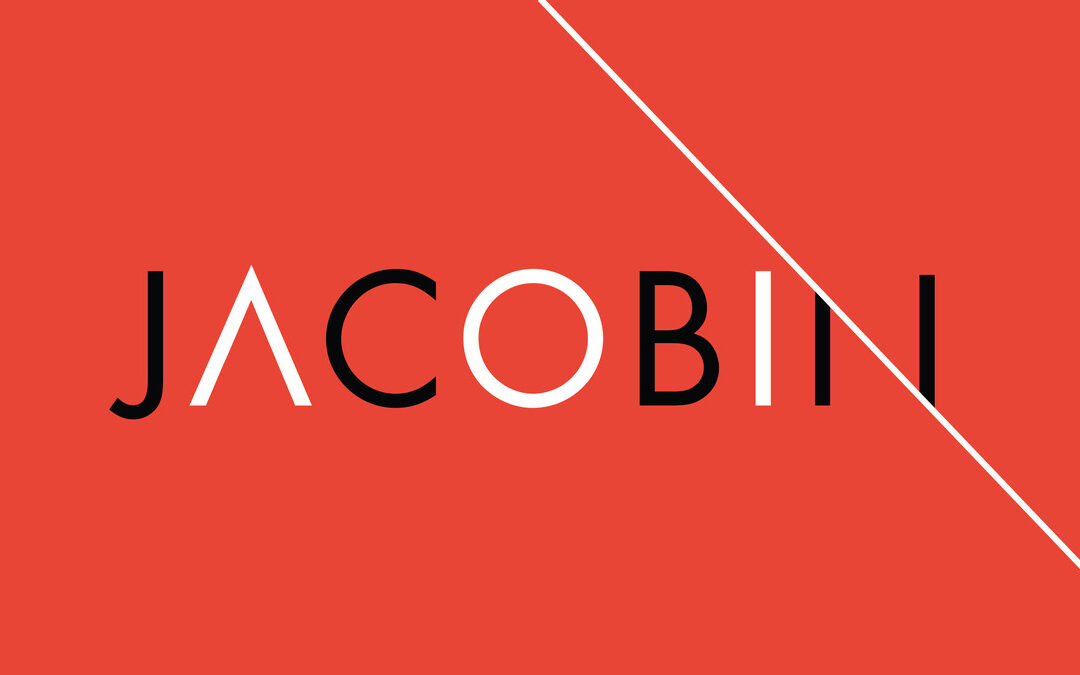Chris Bohner writes for Jacobin:
Are labor unions democratic, and does it even matter? The recent transformation of the United Auto Workers (UAW), led by newly elected president Shawn Fain and the rank-and-file caucus Unite All Workers for Democracy, has provoked new debates about the governance of American unions.
For over seventy years, the UAW was under the complete control of just one party, the Administration Caucus. It wasn’t until the UAW settled a wide-ranging criminal complaint with the Department of Justice in 2020 that union members obtained the right to directly elect the top officers of their union (approved in a referendum supported by 64 percent of the membership). UAW members promptly threw out the Administration Caucus, engaged in a victorious strike against the Big Three automakers, and launched one of the most ambitious organizing campaigns in recent history.
Is it just a coincidence, or is there any link between the UAW’s democratic reforms and the more militant direction of the union? And if there is such a link, does it have any lessons for the broader labor movement?

